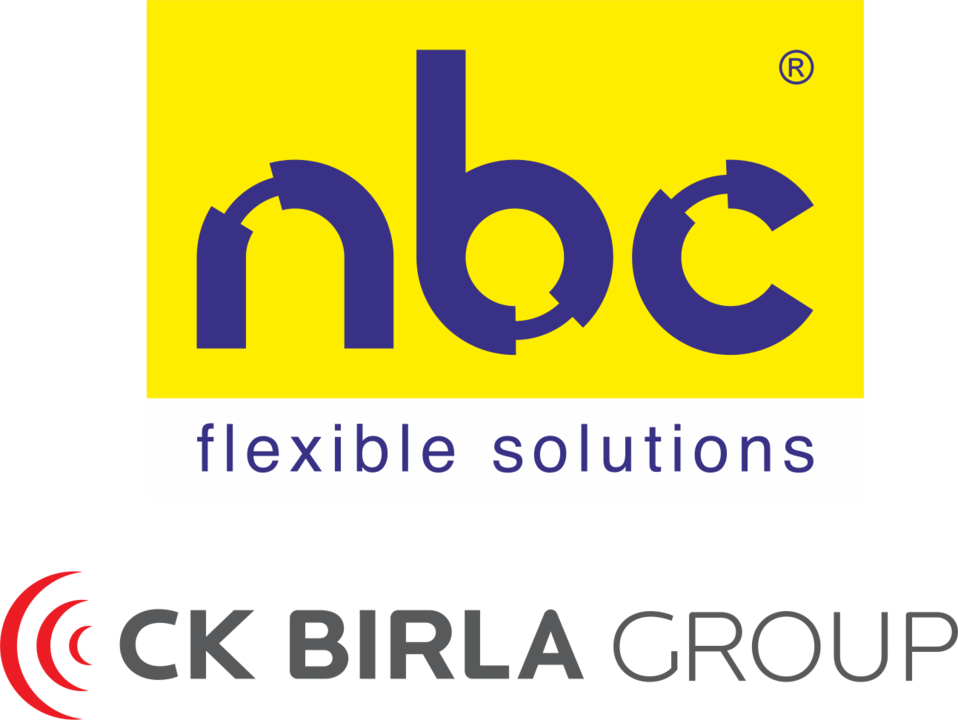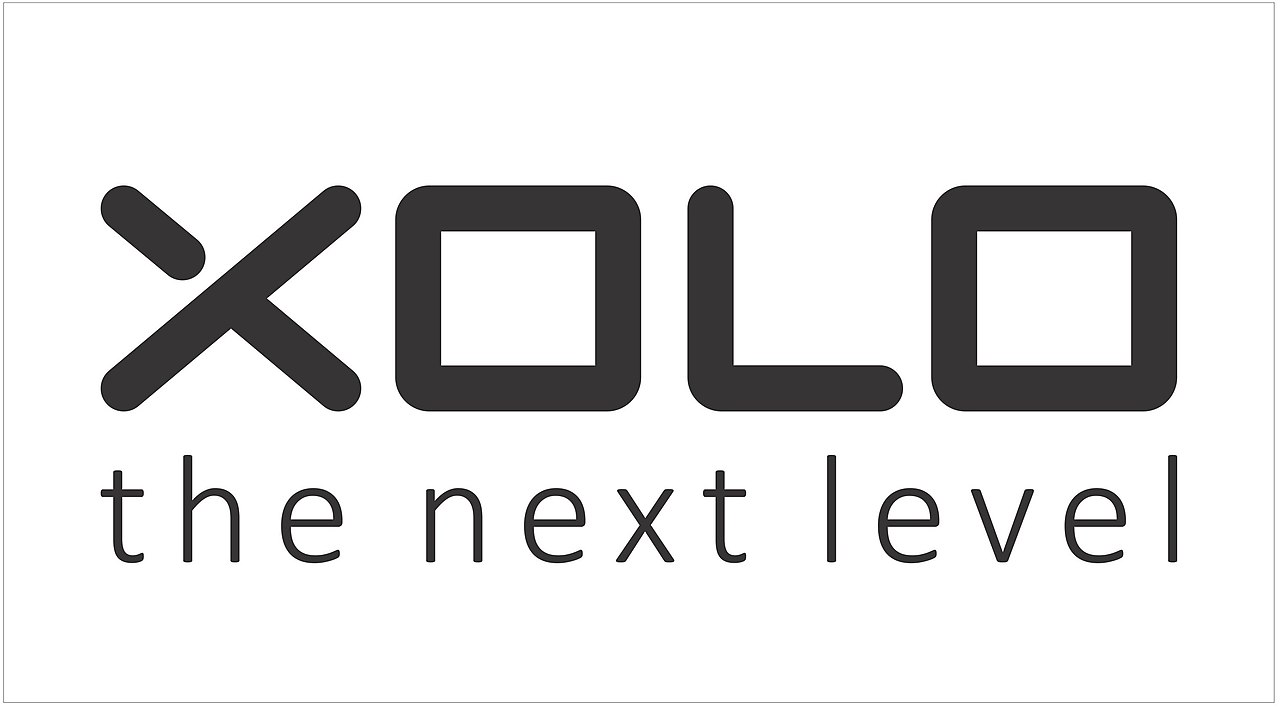I recently had the pleasure of engaging with Certease for ISO 9001 consultation and certification, and I must say that my experience has been nothing short of exceptional. From the moment we initiated the process until the final certification, Certease, along with their consultants Mr. Karthik and Mr. Rajesh, demonstrated a level of professionalism and dedication that truly stood out. What truly impressed me was their transparent communication at every step. They kept us well informed about the progress, potential challenges, and necessary adjustments, fostering a sense of trust and confidence throughout the process. The successful ISO 9001 certification we obtained is a testament to Certease's proficiency and commitment to excellence. T
Eric Jones, California









